-
Destinations
- Popular
- Africa
- Australia and New Zealand
- Caribbean
- Central America
- East and Southeast Asia
- Indian Subcontinent
- Indian Ocean
- Middle East
- Polar
- South America
- South Pacific
- USA & Canada
 Popular
PopularCan't decide where to go? Why not peruse some of our most popular destinations for inspiration then give us a call!
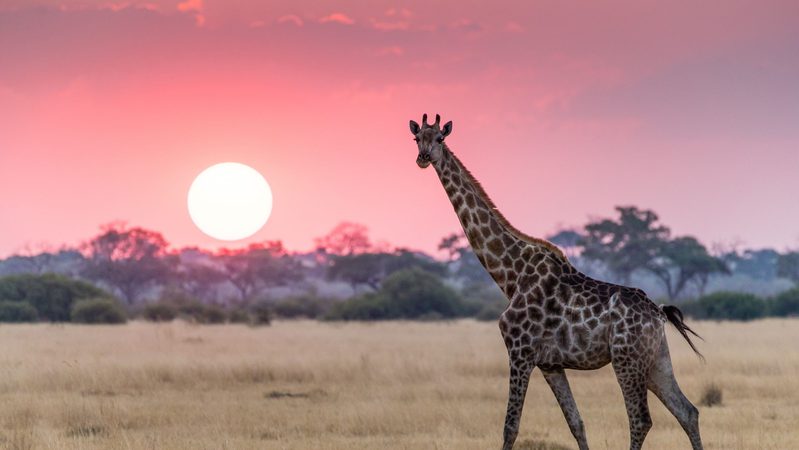 AfricaSee all Africa
AfricaSee all AfricaA diverse land brimming with superb safaris, pristine sandy beaches, towering snow-capped peaks and tropical underwater worlds is just waiting to welcome you
 Australia and New Zealand
Australia and New ZealandAustralia offers vibrant cities, diverse landscapes, and iconic wonders like the Great Barrier Reef. New Zealand adds dramatic scenery, Maori culture, and relaxed charm. Together, they promise nature, adventure, culture, and warm hospitality.
 CaribbeanSee all Caribbean
CaribbeanSee all CaribbeanIf you're dreaming of an island getaway, look no further than the Caribbean with its gorgeous soft sand beaches and lively, diverse cultures.
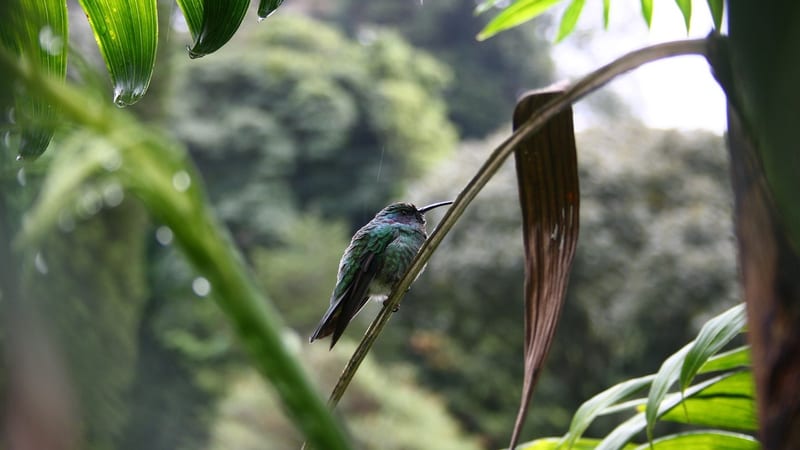 Central AmericaSee all Central America
Central AmericaSee all Central AmericaHead to the amazing destination that is Central America, full of the knowledge of ancient civilizations, incredible mountains, and beautiful beaches.
 East and Southeast AsiaSee all Southeast Asia
East and Southeast AsiaSee all Southeast AsiaDiscover vibrant cultures, pristine beaches, and tantalizing flavours in the captivating travel haven that is East and Southeast Asia
 Indian SubcontinentAll Indian Subcontinent
Indian SubcontinentAll Indian SubcontinentEmbark on a journey through the vibrant tapestry of India, Sri Lanka, and Bhutan—where ancient temples, lush tea plantations, and soaring Himalayan peaks promise unforgettable moments at every turn.
 Indian OceanSee all Indian Ocean
Indian OceanSee all Indian OceanPicture yourself basking on sun-kissed beaches, sipping tropical cocktails beneath swaying palms —where crystal-clear lagoons and luxurious resorts cater to your every desire.
 Middle EastSee all Middle East
Middle EastSee all Middle EastExperience world-class hospitality, mouthwatering cuisines, and the region’s deep-rooted cultural traditions for an unforgettable Middle East adventure.
 PolarSee all Polar
PolarSee all PolarVenture to the ends of the Earth and behold the icy majesty of polar landscapes. Discover pristine solitude, exhilarating expeditions, and breathtaking views that promise a memorable encounter with nature at its most dramatic
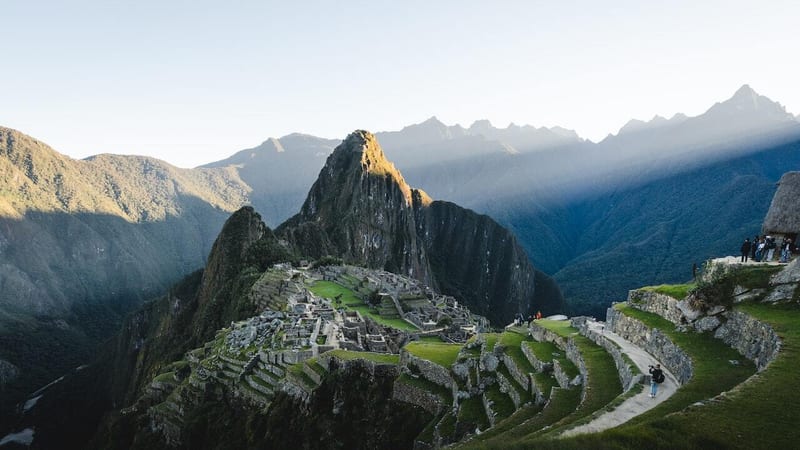 South AmericaSee all South America
South AmericaSee all South AmericaJourney into the heart of South America, where the rhythmic pulse of its vibrant cities meets the majesty of the Amazon rainforest and the timeless wonder of ancient civilizations.
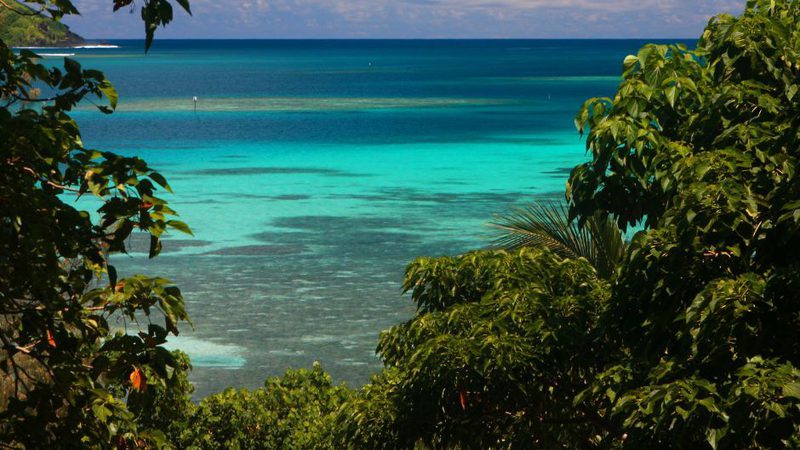 South Pacific
South PacificThe South Pacific is a paradise of turquoise waters, white-sand beaches, and vibrant island cultures. From adventure and natural beauty to pure relaxation, each island offers its own unique charm and welcome.
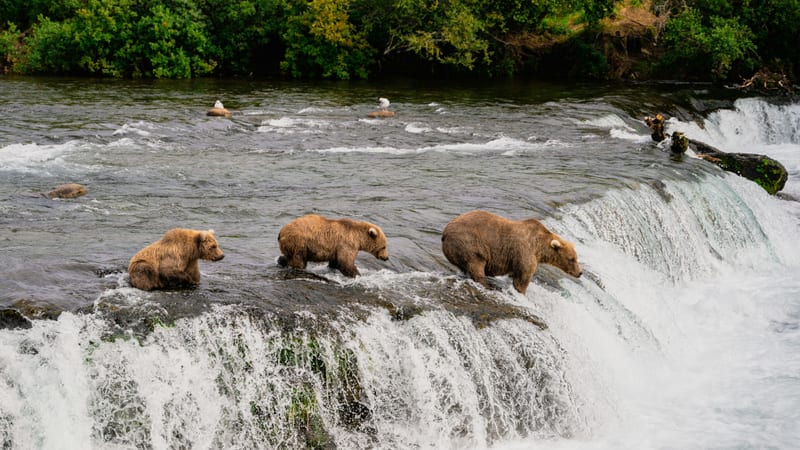 USA & CanadaSee all USA & Canada
USA & CanadaSee all USA & CanadaFrom the soaring plains of the Southwestern USA to the stunning landscapes of the expanses of Canada, visit some of the most impressive scenery in the world
-
Holiday Types
- Bucket List Holidays
- Safari Holidays
- Honeymoons
- Family Holidays
- Luxury Africa Holidays
- Off the Beaten Track
- Beach Holidays
- Adventure Holidays
- Special Interest Holidays
- Wildlife
- WWF Holidays
- Small Group Tours
 Bucket List HolidaysSee All Bucket List Trips
Bucket List HolidaysSee All Bucket List TripsIf you are looking for a trip to knock iconic locations off your bucket list, check out our buck list recommendations
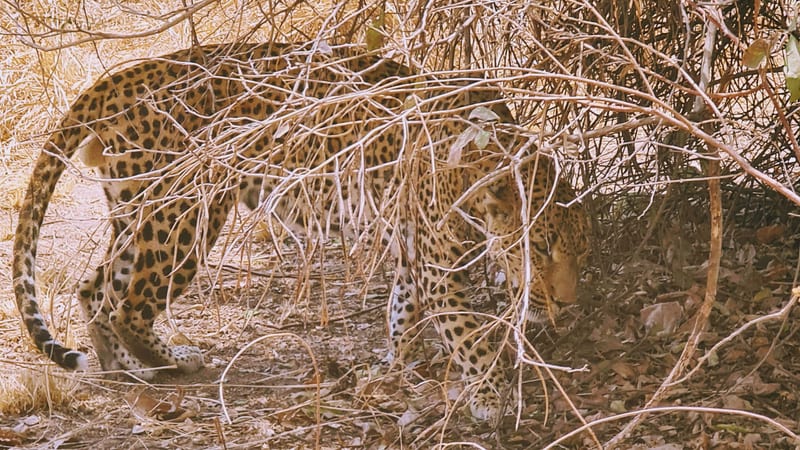 Safari HolidaysExperience Safari
Safari HolidaysExperience SafariFrom the graceful stride of giraffes at sunrise to the echoing roars of lions beneath starlit skies, each of our safaris promises an unforgettable dance with nature.

 Family HolidaysSee All Family Trips
Family HolidaysSee All Family TripsOur family holidays are a perfect opportunity to create lasting memories, whether exploring new destinations or simply enjoying quality time together. From adventure-filled escapes to relaxing beach retreats, they offer a chance to reconnect and unwind away from daily routines.
 Luxury Africa HolidaysSee All Luxury Trips
Luxury Africa HolidaysSee All Luxury TripsOur luxury holidays offer the finest experiences, from exclusive resorts and private villas to tailor-made adventures with impeccable service.
 Off the Beaten TrackSee All Off the Beaten Track
Off the Beaten TrackSee All Off the Beaten TrackFor those seeking adventure beyond the usual tourist trails, our off-the-beaten-track trips take you to some of the world’s most remote and untouched destinations, where authentic cultural encounters and breathtaking landscapes await. Let us craft your unique journeys that few travellers ever experience.
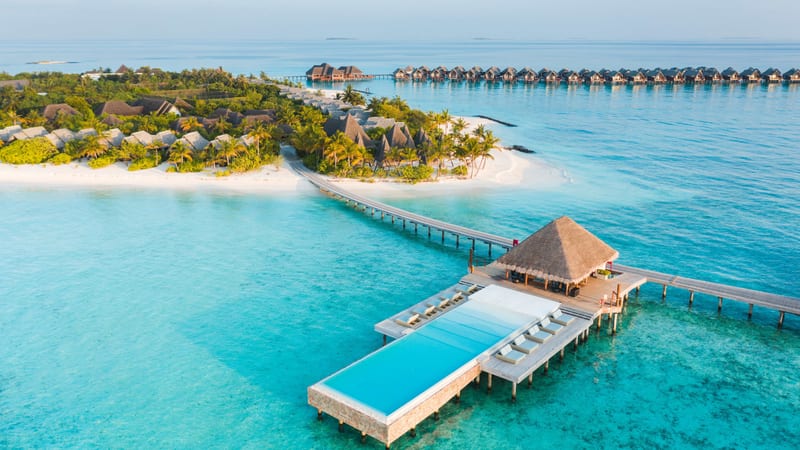 Beach HolidaysSee All Beach Trips
Beach HolidaysSee All Beach TripsFor the ultimate beach escape, we offer luxury holidays to some of the world’s most stunning coastal destinations, from the white-sand shores of Antigua to the turquoise waters of Zanzibar.
 Adventure HolidaysSee All Adventure Trips
Adventure HolidaysSee All Adventure TripsFor those who crave excitement and exploration, our adventure holidays take you to some of the world’s most thrilling destinations, whether trekking through Patagonia, summiting Mount Kenya, or kayaking past icebergs in Antarctica.
 Special Interest Holidays
Special Interest HolidaysInterested in something a bit more focused? How about a horse-riding holiday through Argentina? Or a photography safari? Look through our Special Interest holiday selection for inspiration
 WildlifeSee All Wildlife Trips
WildlifeSee All Wildlife TripsOur wildlife holidays invite you to step into unique ecosystems and experience amazing animal encounters. Whether spotting majestic tigers in the jungles of India or marvelling at polar bears in the Arctic, each trip promises awe-inspiring moments steeped in the magic of nature.
 Small Group ToursSee All Small Group tours
Small Group ToursSee All Small Group toursOur small group tours offer the perfect balance of expert-guided exploration and personal experience, taking you to incredible destinations with like-minded travellers. Whether it's a wildlife safari in Botswana, a cultural journey through Vietnam, or a chef-led expedition through India, our carefully curated itineraries ensure an intimate, enriching, and hassle-free experience.
-
Responsible Travel
 SustainabilitySee all
SustainabilitySee allSustainability travel is at the core of what we do and a guiding principle in every choice we make as a business. Let us help you make sustainable travel choices
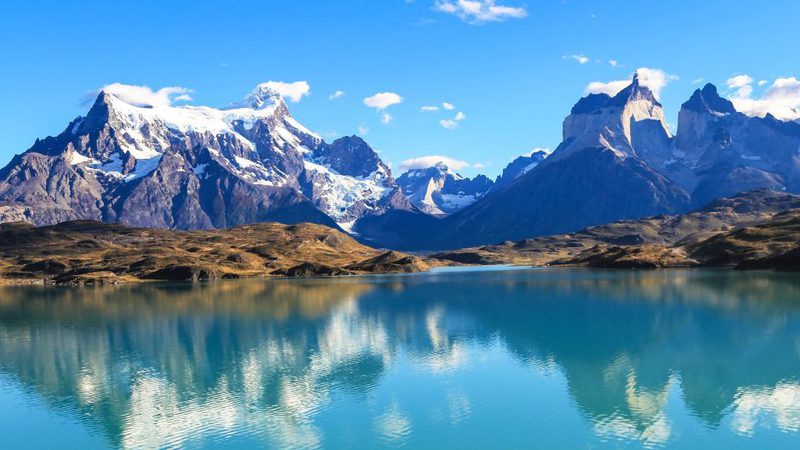 Our Impact
Our ImpactRead about what we do to make a difference
Protecting ClientsOne of the most important parts of our commitment to responsible travel is protecting our clients, and it is a part that we take extremely seriously.
-
Inspiration
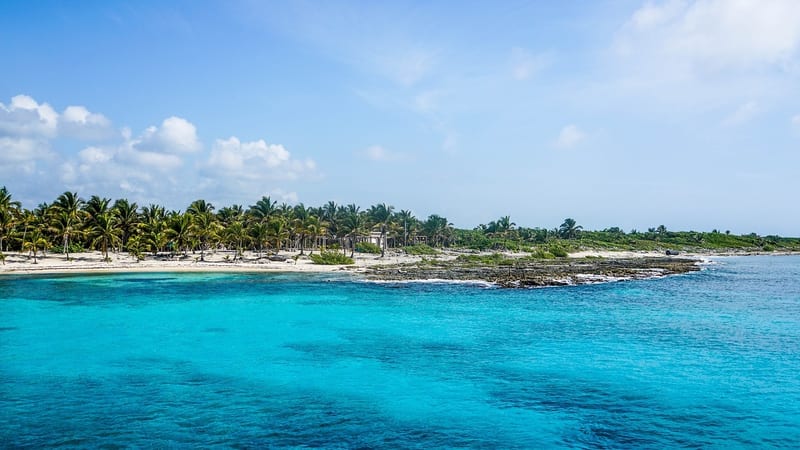 Where To Go WhenSee all months
Where To Go WhenSee all monthsNot sure what's best for which time of year? Check out our expert-written guides
 Travel Guides
Travel GuidesLooking for some expertise on your destination? Have a look through our selection of guides and articles written by our destination experts
 BlogSee all blog articles
BlogSee all blog articlesLooking for more inspiration? Read from our range of hundreds of articles from our travel specialists, local guides, and personal travel tales.
-
About
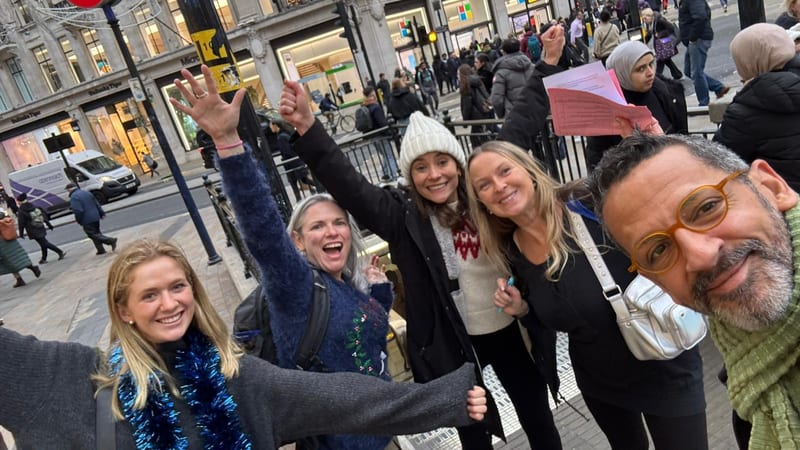 About Far & Wild
About Far & WildOur mission is to make every holiday special. We will do this whilst specifically aiming to minimise the environmental impact of our activity and maximise our opportunity to influence others to do the same.

Carbon Scoring FAQs
A world first carbon-scoring system
In 2020 we created the world’s first carbon scoring framework specifically for the tailored made travel industry, which allows up to calculate the carbon footprint for every single unique holiday we provide to our clients.
This empowers our clients to make sustainably minded travel choices and allows us to champion sustainability and responsible travel.
100% Transparency
We want to be 100% transparent with you as to how we calculate this score – what factors we look at and any underlying assumptions we make – so that you can challenge us to continually improve the accuracy of our carbon-scoring framework, which we believe is the most accurate in tailor-made travel.
We established our very own watertight set of underlying assumptions which stand up to scrutiny at the most granular level. Read on to learn more about how and what we measured to empower you, our clients, to make more sustainably minded choices when travelling.
FAQs About Our Carbon Scoring System
Want more detail on how we did this and what assumptions we made? Have a read through our frequently asked questions.
What did we measure?
Our study measures the emissions factor for elements of a trip that are purchased directly from Far & Wild. Any additional activity or services undertaken by our customers outside of the package we create are not included. We included as part of our measurements:
- Accommodation (including meals)
- Activities (purchased at time of booking)
- International and internal flights
- Transfers, self-driving tours
- Guide accommodation and meals if on a guided tour
- Far & Wild office emissions
How did we measure?
We sent out a specific survey to our suppliers asking detailed questions relating to their business and operations, ranging from power and utility consumption, occupancy levels, location, duration of activities… in fact the survey we sent out to our accommodation suppliers is nearly 50 questions in length.
Our broad supplier chain, included accommodation and activity providers as well as airline companies. Data provided directly from our suppliers is analysed and through a series of calculations, we can produce an accurate carbon footprint score for their businesses.
What assumptions were made about accommodation?
From our specific accommodation supplier survey we measured a wide ranger of factors including power source and usage, facility usages and occupancy levels. We even took into consideration property size, type and location. Unfortunately it would be impossible to measure absolutely everything so we have made the following assumptions:
- We gathered data which produced a carbon footprint score for one night, based on a double occupancy room with an occupancy level of 1.9 people per room. This is an average Far and Wild occupancy level.
- 50% of emissions come from general spaces in accommodation and 50% from bedrooms and therefore this study assumes the data provided includes total emissions required to operate a room for 1 night.
- If a property has AC, heated swimming pools and does not outsource laundry services, these are also included in emissions calculations.
- For safari lodges and camps, it is assumed 2 game drives are included per 1-night stay.
- Food production - an average score is used for the CO2e factor for each meal provided per person.
If you would like to get into the nitty-gritty about how we conducted the survey and the assumptions made, please don’t hesitate to contact us – [email protected]
What assumptions were made about activities?
- Any activities not booked and offered directly by Far & Wild are not included.
- Only activities that we book which consume any gas, electricity or provide meals are in measured.
- Activities such as guided walks which are considered carbon neutral are not measured.
What assumptions were made about flights?
- The study uses the DEFRA standards and assumptions to calculate emissions from international flights.
- Some airlines are more efficient than others – however this doesn’t taken into consideration at this time.
- The distances travelled are calculated using a recognised air miles calculator.
- For local and internal flights not serviced by main airline routes such as private or light aircraft, an assumption was made that the aircraft typically used is the 9-seater Cessna Caravan 208 as this is the most popular option.
What assumptions were made about transfers and self-driving?
- Transfers will be calculated per vehicle unless the vehicle is used on a shared basis, in which case the carbon footprint will be measured per seat.
- Private transfers assume a return journey due to vehicle needing to be returned to the pick-up location.
- Emissions will be calculated from distances travelled (km) will be based on the ‘fastest route’ available.
- With hosted and guided tours, it is assumed that guides have full board each day (3x meals) and the country averages for kg CO2e will be used per night to calculate the total emissions for the guide.
What makes a property sustainable?
There are a myriad of ways in which a safari lodge, camp or hotel can be considered sustainably minded, from reducing the amount of energy utilised on a daily basis, the way in which they source food and other products for their guests to actively working with local community projects. We consider a sustainable property to be one that has a carbon footprint score less than the regional and national averages for their location and that is investing in community or sustainability projects.
What happened if a hotel didn’t complete the survey?
There’s a simple answer with complex calculations behind it. We’ve taken into consideration the location of the property and used national averages of their country to calculate their carbon footprint with relevant industry averages provided by DEFRA. This has been used to give the hotel a score. In due course, we hope that every hotel will complete our survey to get the most accurate score.
What is the main cause of carbon emissions for a holiday?
This depends on your destination but for the majority it the flights which produce the most carbon emissions.
Whenever possible, taking a direct flight is more sustainable, than a longer route with a stop.
Fact - an aircraft's fuel consumption is much higher during take off and landing than when it's cruising at high altitudes.
If a safari lodge, camp or hotel is working sustainably and offsetting their carbon footprint, is this taken into consideration?
Yes, most certainly. If a property has as close to zero a carbon footprint score, or even being climate positive, we want to know so we can champion their efforts.
Are there ways to offset the carbon footprint of my holiday?
Definitely, we work with a fantastic partner called Ecologi, who have a range of carbon-offsetting projects, and we offer all of our clients the chance to offset their holiday carbon score.
I want to travel more sustainably – how can I do this?
There’s lots of ways, including:
- Being mindful of your flights – flying direct when possible as well as looking at which airlines are more sustainable than others.
- Carefully considering which places you stay and if they have any sustainability or responsible travel initiatives in place.
- Being water considerate and conscious.
- Eating and drinking locally sourced and produced food and drinks.
- Travel light - take only what you need and don't over pack.
- Consider taking one longer holiday rather than two shorter holidays to reduce your flights.
That’s just a small selection – read more on how to travel sustainably here
What was the reporting period?
The study was conducted in 2020 but has been designed to improve year on year alongside the improvement in the quality and quantity of data. Suppliers such as hotels, have the opportunity to update their survey responses year on year, with changes they have made to their operations to improve sustainability, therefore improving their sustainability credentials.
Where can i provide feedback?
A review process is in place to make sure that improvements can be made based on new research and user feedback. If improvements can be made to increase the accuracy as well as the user process, these changes will be actioned on an ongoing basis. Please email [email protected] with any comments.

Alistair
Travel Expert
